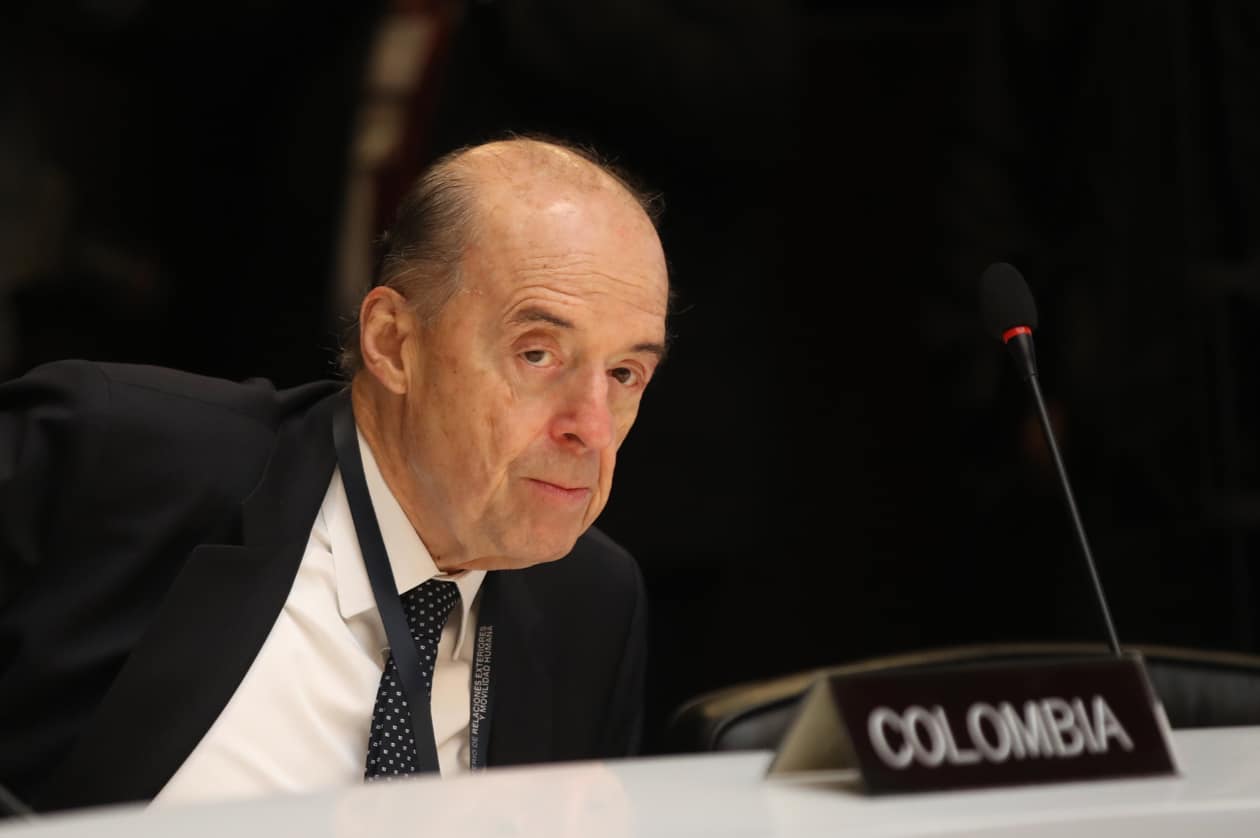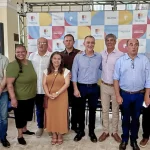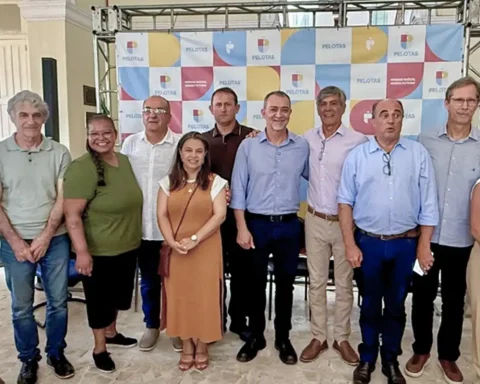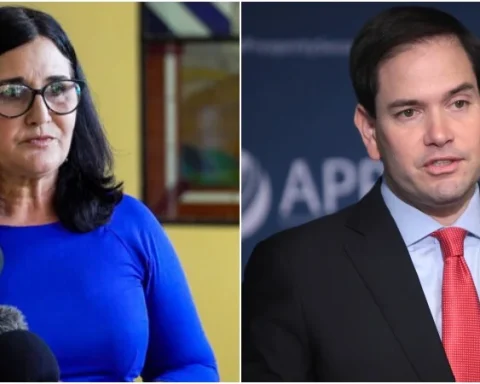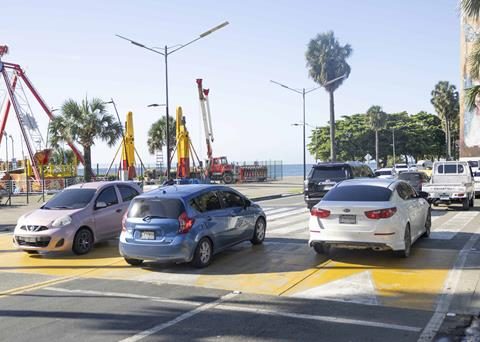Colombia announced a change in its strategy in the dispute with Nicaragua before the International Court of Justice (ICJ), after years of setbacks and refusing to abide by the rulings that have favored the Central American country.
Foreign Minister Álvaro Leyva presented a new Colombian legal team, at the gates of the oral hearings scheduled between December 5 and 9 in the third trial on the delimitation of the maritime border between the two nations, which Nicaragua claims is beyond the 200 nautical miles from the Nicaraguan Caribbean coast.
In 2012, the international court recognized Nicaragua’s 75,000 square kilometers of the Caribbean Sea. On April 21, the same Court also determined that Colombia should not intervene in Nicaraguan waters.
The new Colombian agent is the jurist Eduardo Valencia-Ospina and Carolina Olarte-Bácares and Elizabeth Taylor took office as co-agents. Leyva said that his interest is that the strategy be more transparent in order to inform his country and make it a participant in the process.
“You have to put everything on the table”encouraged this Tuesday, November 22, the Colombian foreign minister in a meeting with journalists in Bogotá, in which he highlighted the interest of President Gustavo Petro in configuring a new foreign policy, which includes a change in the way the Hague litigation will be handled.
Leyva described the Colombian team as “exceptional”, highlighting their academic training and experience and highlighting the participation of the Raizales, represented by Taylor, a native of Providencia Island, former Colombian ambassador to Kenya and who will also be a special ambassador for the Caribbean.
Negotiation for Nicaraguan political prisoners
Last September, Ortega rejected a possible negotiation with Petro on the issue of the release of political prisoners and also ordered them to comply with the ICJ sentences.
Leyva explained that they absented themselves from a condemnation vote on March 13 for eminently humanitarian reasons, referring to a move to release political prisoners, and denied that this was related to a negotiation on access to fishing in Nicaraguan waters. of the fishermen of the communities of Raizales in San Andrés.
Also: Colombia reveals that it unsuccessfully managed the release of political prisoners
The chancellor stated that there will be no “mysteries” in handling for “that the press is aware of everything” and the country as well and take ownership of the case because until now public opinion has turned its back on the litigation.
“We want to rescue the historical values”said Leyva when explaining that “native peoples (from all over the Caribbean) could be affected by a bilateral decision” such as the one that confronts Nicaragua with Colombia due to the extended continental shelf that the Central American country claims.
old litigation
In the November 2012 ruling, based on a complaint filed in 2001 by the Central American country, Colombia maintained sovereignty over the San Andrés, Providencia and Santa Catalina archipelago, as well as the keys that comprise it, and retained 12 nautical miles of the water that surrounds these territories, but lost with Nicaragua almost 75,000 square kilometers of sea.
Given Colombia’s decision to not abide by the ruling and declare an Integral Contiguous Zone to exercise its jurisdiction in the waters surrounding the islands and keys “as an archipelago and not as unconnected territories”Nicaragua returned to the ICJ in September 2013.
On that occasion, Nicaragua asked the Court to declare the “exact course” of the maritime border, “beyond” of the limits of 200 miles defined in the judgment of November 2012, as well as that Colombia be required to repeal laws “incompatible with the judgment” and the revocation of permits granted to Colombian fishing vessels that operate in disputed waters.
In response, Colombia countersued, alleging that Nicaragua “has violated the artisanal fishing rights of the inhabitants of the archipelago, particularly of the Raizal community”since its traditional fishing banks were outside the 12 nautical miles stipulated in the previous ruling.
Last April, however, the ICJ considered that there is a violation committed by Colombia of “sovereign rights and jurisdiction” of Nicaragua in its Exclusive Economic Zone (ZEE), and demanded that Bogotá “immediately stop their conduct” in that area.
In the hearings next December, the two countries will have to answer two questions about whether there is a basis for a continental shelf to extend beyond 200 nautical miles and whether there is customary law in this regard, with which the ICJ will make a decision. , probably in the first half of next year.
